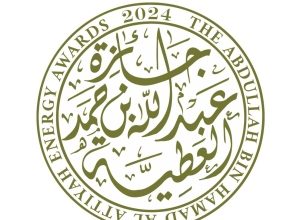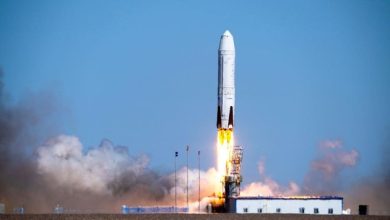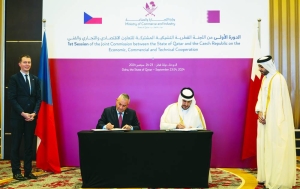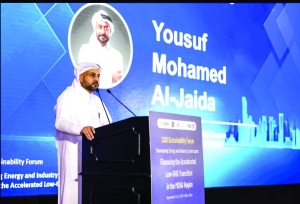News Digest: Foreign Media on Kazakhstan’s Olympic Judo Gold, Cooperation with EU and More
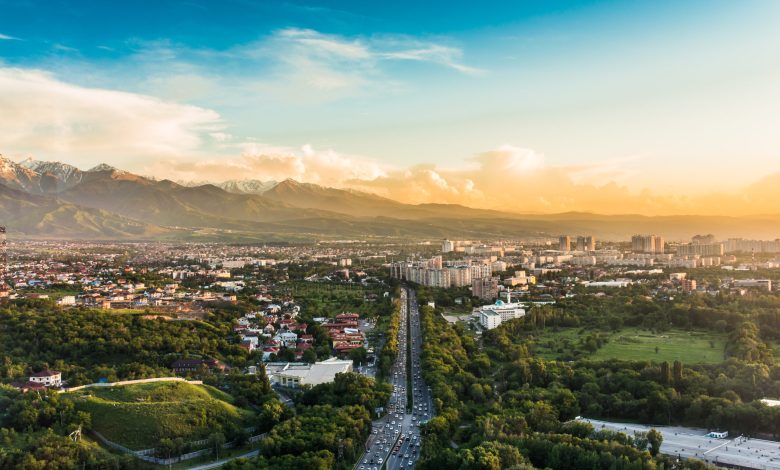
ASTANA – The Astana Times has selected articles from global media outlets covering Kazakhstan. This week’s foreign media digest includes articles on Kazakhstan’s first-ever Olympic judo gold, the visit of Josep Borrell, High Representative of the EU for Foreign Affairs and Security Policy, to Kazakhstan, and more.
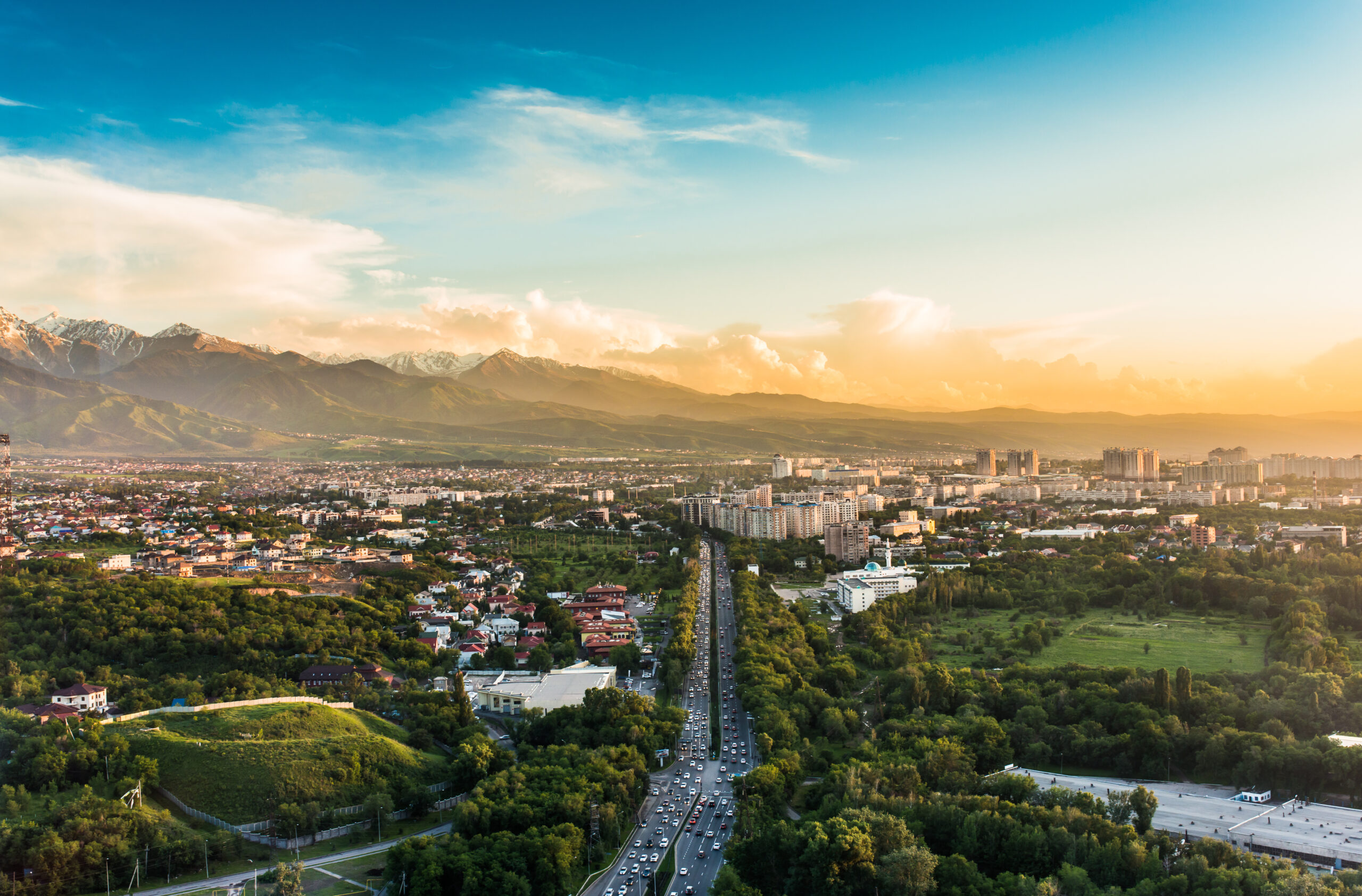
Almaty. Photo credit: Shutterstock
Judo: Kazakhstan’s Yeldos Smetov wins men’s 60kg Olympic gold
Kazakhstan’s Yeldos Smetov dominated the first men’s judo competition of the 2024 Paris Olympics to take the gold medal over France’s Luka Mkheidze, who took the silver, on July 27 at the Champ de Mars Arena, reported the official website of the 2024 Paris Games on July 27.
Smetov completed his Olympic collection with the gold, after being denied the top spot on the podium at Rio 2016 and Tokyo 2020, where he took silver and bronze respectively.
He has been a dominant force in the sport for nearly a decade, having won the 2015 World Championships one year before making his Olympic debut.
Kazakhstan, EU review prospects for enhanced cooperation
President of Kazakhstan Kassym-Jomart Tokayev held a meeting with the High Representative of the EU for Foreign Affairs and Security Policy, Josep Borrell, on Thursday to discuss prospects for enhanced cooperation, reported We News on Aug. 1.
According to the President’s press service, the participants also exchanged views on current global issues and regional cooperation among Central Asian nations.
During a press conference after his meeting with Kazakh Foreign Minister Murat Nurtleu, Josep Borrell said: “When I first took office, the EU-Kazakhstan Enhanced Partnership and Cooperation Agreement was not yet fully in effect. Now, after almost five years, it is well underway.”
EU sees Kazakhstan as great bridge between Europe and Asia – Borrell
For the European Union, Kazakhstan is an enormous stepping stone between East and West, said Josep Borrell, as reported by Trend via the European External Action Service (EEAS) on Aug. 1.
His comment came during a press conference following his meeting with Kazakhstan’s Foreign Minister.
“Kazakhstan has a strategic geographical position; it is a great bridge between Europe and Asia. Under the leadership of President [Kassym-Jomart] Tokayev, Kazakhstan has embarked on a path of wide-ranging political and economic reforms that we support. We support this path to modernization, where economic and political reforms should go hand in hand,” he said.
Borrell noted that the EU is keen on getting down to brass tacks and beefing up its collaboration with Kazakhstan.
Investments in Middle Corridor’s development set to improve land connectivity with EU – Borrell
Investments in the development of the Trans-Caspian International Transport Route (TITR, or Middle Corridor) will improve land connectivity with the EU, said Josep Borrell, as reported by Trend on Aug. 1.
He made the remark during a press conference after a meeting with Kazakh Foreign Minister Murat Nurtleu.
“Connectivity is another key word. Connectivity is an area of mutual interest. Upcoming investments will enhance land connectivity by supporting the development of the Trans-Caspian Transport Corridor,” he said.
As Borrell noted, the Horizontal Aviation Agreement, which is almost ready to be implemented, will boost air connectivity between the European Union and Kazakhstan.
To build the Middle Corridor, cooperation is needed instead of geopolitical calculations
Global Times published an opinion article on July 22 written by Zhao Huirong, a research fellow at the Chinese Academy of Social Sciences’ Institute of Russian, Eastern European and Central Asian Studies.
“Katherine Tai, the United States Trade Representative, and Helaina Matza, the Acting Special Coordinator for the Partnership on Global Infrastructure Investment (PGI) in the U.S. Department of State, have visited Central Asia in the past two months, both with the goal of promoting U.S. strategic investment in the infrastructure of the Trans-Caspian International Transport Route. This has attracted more attention to the Middle Corridor issue in Central Asia, which has been heating up in the past two years. How to promote the construction of the corridor faster and better, especially to protect it from the interference of geopolitical self-interests of individual countries, has become an issue that needs to be considered and addressed urgently,” the article reads.
The Middle Corridor is a comprehensive multimodal transport system that closely connects China, Central Asia (mainly Kazakhstan), the Caspian Sea, the South Caucasus (mainly Azerbaijan and Georgia), the Black Sea, Türkiye and European countries through multiple modes of transportation such as railways, roads and sea transportation. Although the Middle Corridor is currently only a supporting route in the Eurasian land transportation system, its development potential cannot be underestimated. It is not ruled out that it will one day replace the New Eurasian Continental Bridge (the northern railway connecting China, Kazakhstan, Russia, Belarus and Europe) and occupy a dominant position in the land transportation links between the East and the West.
Japanese Prime Minister to announce Central Asia aid package
The Japan Times released an article on Aug. 1 about Prime Minister Fumio Kishida’s plans to announce an economic aid package for Central Asia during a meeting with five regional leaders in Kazakhstan this month, citing government officials.
Kishida is scheduled to visit Uzbekistan, Kazakhstan and Mongolia from Aug. 9 to 12.
The economic package focuses on establishing a trade route, decarbonization and enhancing people-to-people exchanges. It is expected to be part of a joint statement to be released after the six-way summit in Kazakhstan.
Under the aid plan, Japan will help establish a trade route through the Caspian Sea that will link Central Asia and Europe without going through Russia, in the hope that a stable export route would give the region economic independence.


